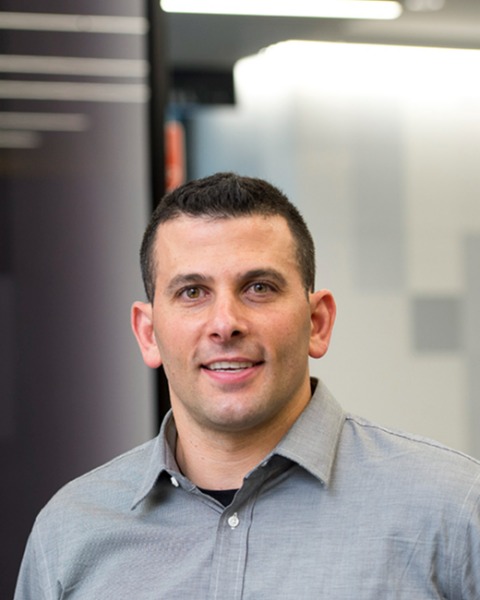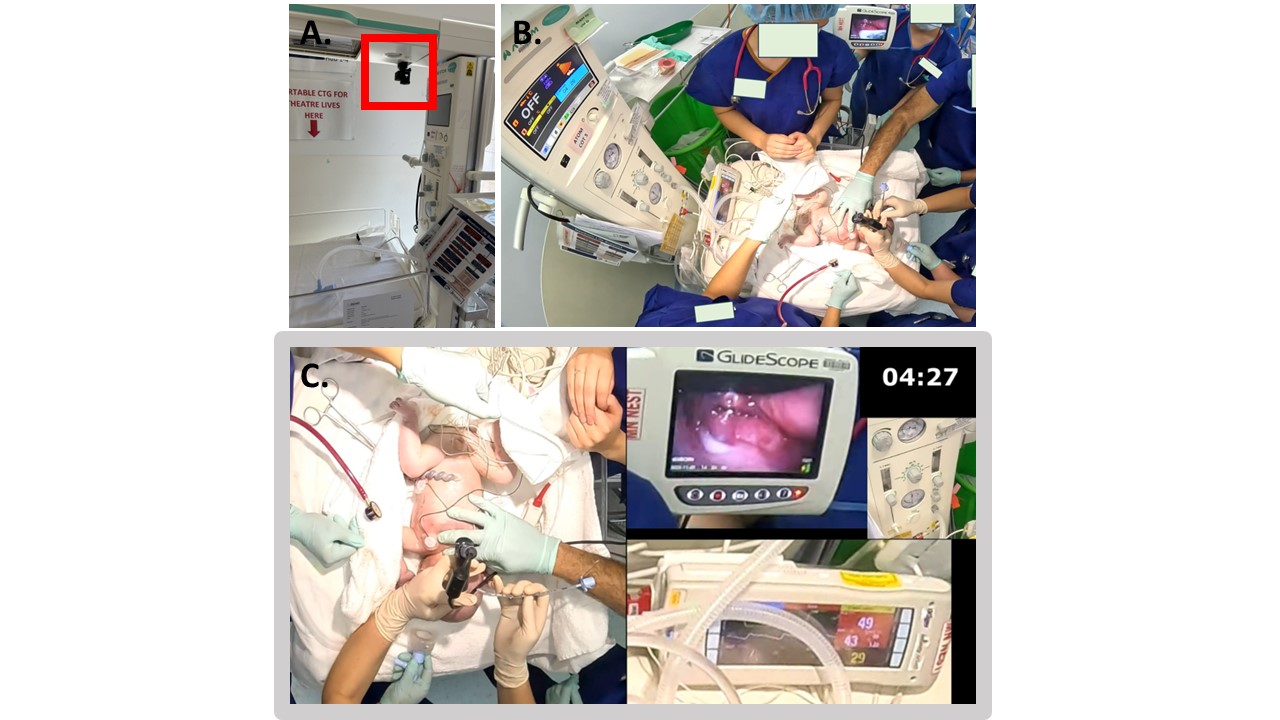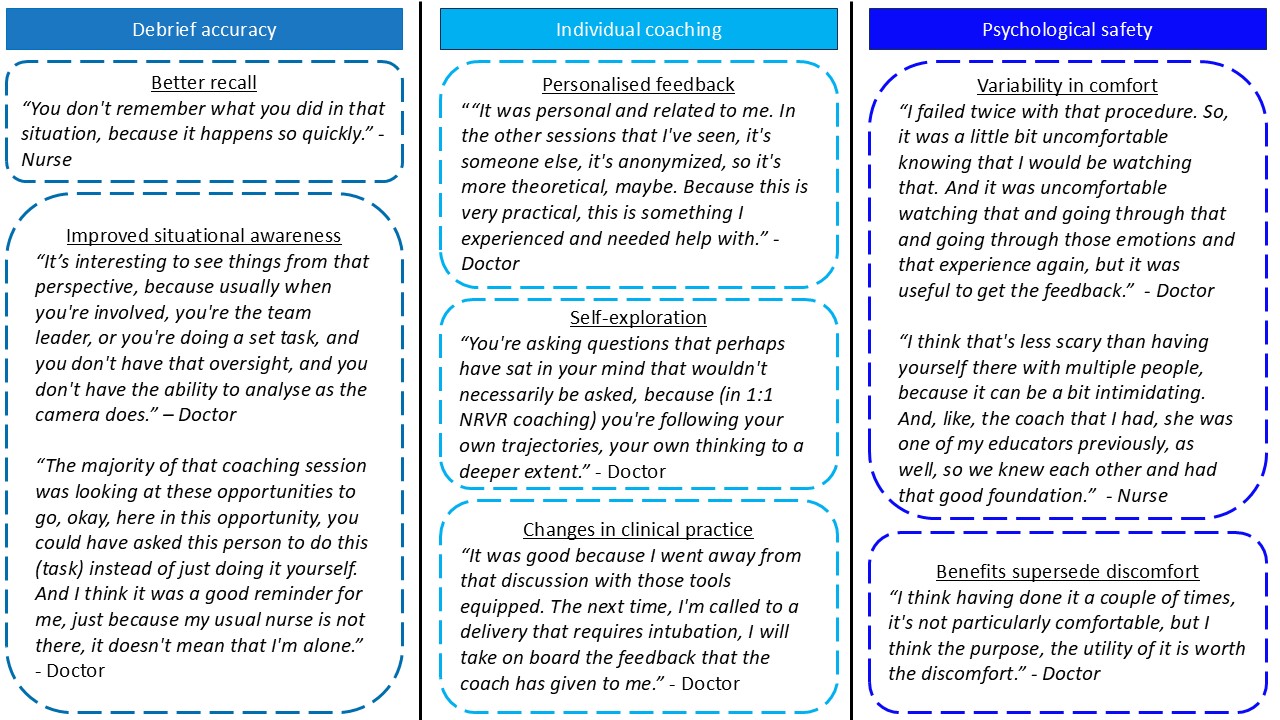Neonatal/Infant Resuscitation 4
Session: Neonatal/Infant Resuscitation 4
401 - The Benefits of Neonatal Resuscitation Video Review 1:1 Coaching, A Qualitative Analysis
Monday, April 28, 2025
7:00am - 9:15am HST
Publication Number: 401.6861
Douglas Blank, The Ritchie Centre, Monash University and Monash Newborn, Port Melbourne, Victoria, Australia; Christina Ni, Monash University, Melbourne, Victoria, Australia; Samantha Best, Monash Health, Rowville, Victoria, Australia; Mariah K. D'Cunha, Monash Health, Melbourne, Victoria, Australia; Arunaz Kumar, Monash University, Melbourne, Victoria, Australia

Douglas Blank, MD, PhD (he/him/his)
Neonatologist and Research Fellow
The Ritchie Centre, Monash University and Monash Newborn
Clayton, Victoria, Australia
Presenting Author(s)
Background: Neonatal resuscitation video review (NRVR) is recording neonatal resuscitations and reviewing the video for education and quality improvement. We have previously reported that NRVR in group sessions was psychologically safe and effective to develop and refine critical neonatal resuscitation skills, including communication and situational awareness.
Objective: We explored the benefit of NRVR 1:1 coaching sessions, in which neonatal fellows and nurses (learner) reviewed videos of themselves in an individual meeting with a neonatal attending or nurse educator (coach).
Design/Methods: With prospective consent, neonatal fellows and nurses at Monash Medical Centre, a referral perinatal hospital in Australia, video recorded neonatal resuscitations in which they led or provided patient care. Candidate videos were jointly nominated by a learner and the researchers based on the potential opportunity for learning. Videos were processed by researchers with multiple synchronized windows providing magnified views of the neonate and available physiological data (Figure 1). Together, a learner and a coach reviewed the video featuring the learner, using a ‘pause and reflect’ approach. Semi-structured, individual interviews were conducted with the learners to investigate the impact the coaching session had on their learning. Researchers used a social constructivist viewpoint, to conduct a thematic analysis of participant responses.
Results: Nine learners (7 fellows and 2 nurses) had 14 NRVR 1:1 coaching sessions with 7 coaches. Three key themes were identified (Figure 2). 1) Debrief accuracy: better recall of events and improved situational awareness. 2) Individual coaching: personalized feedback tailored to learner’s needs, learners explore their own learning trajectories in a meaningful way, and specific areas for improvement are identified allowing learners to clinically upskill. 3) Psychological safety: learners experienced differing levels of comfort reviewing themselves, but all learners reported that the education benefits superseded these anxieties.
Conclusion(s): Neonatal fellows and nurses reported NRVR 1:1 coaching to be a safe and effective method for reviewing and improving their clinical management required during neonatal resuscitation, with the specific advantage of providing individualized, practical learning. This study supports NRVR 1:1 coaching should be available for neonatal clinicians. Further studies exploring repeated NRVR 1:1 coaching sessions over time and understanding the coaches’ perspective are needed.
Figure 1
 The process of recording and reviewing a neonatal resuscitation for Neonatal Resuscitation Video Review (NRVR) 1:1 coaching. A) Clinicians bring a small video camera (GoPro Mini 11 with mod lens) that is attached to the resuscitier at a designated spot using a magnetic mount. B) The raw video captured using a ‘fish-eye’ lens is then processed with several synchronized, magnified windows, C), to highlight critical details of clinical care. The processed videos were reviewed in private 1:1 coaching sessions between a neonatal fellow or nurse (learner) and a neonatal attending or nurse educator (coach).
The process of recording and reviewing a neonatal resuscitation for Neonatal Resuscitation Video Review (NRVR) 1:1 coaching. A) Clinicians bring a small video camera (GoPro Mini 11 with mod lens) that is attached to the resuscitier at a designated spot using a magnetic mount. B) The raw video captured using a ‘fish-eye’ lens is then processed with several synchronized, magnified windows, C), to highlight critical details of clinical care. The processed videos were reviewed in private 1:1 coaching sessions between a neonatal fellow or nurse (learner) and a neonatal attending or nurse educator (coach). Figure 2
 Thematic analysis of learners’ response to Neonatal Resuscitation Video Review (NRVR) 1:1 coaching.
Thematic analysis of learners’ response to Neonatal Resuscitation Video Review (NRVR) 1:1 coaching.
